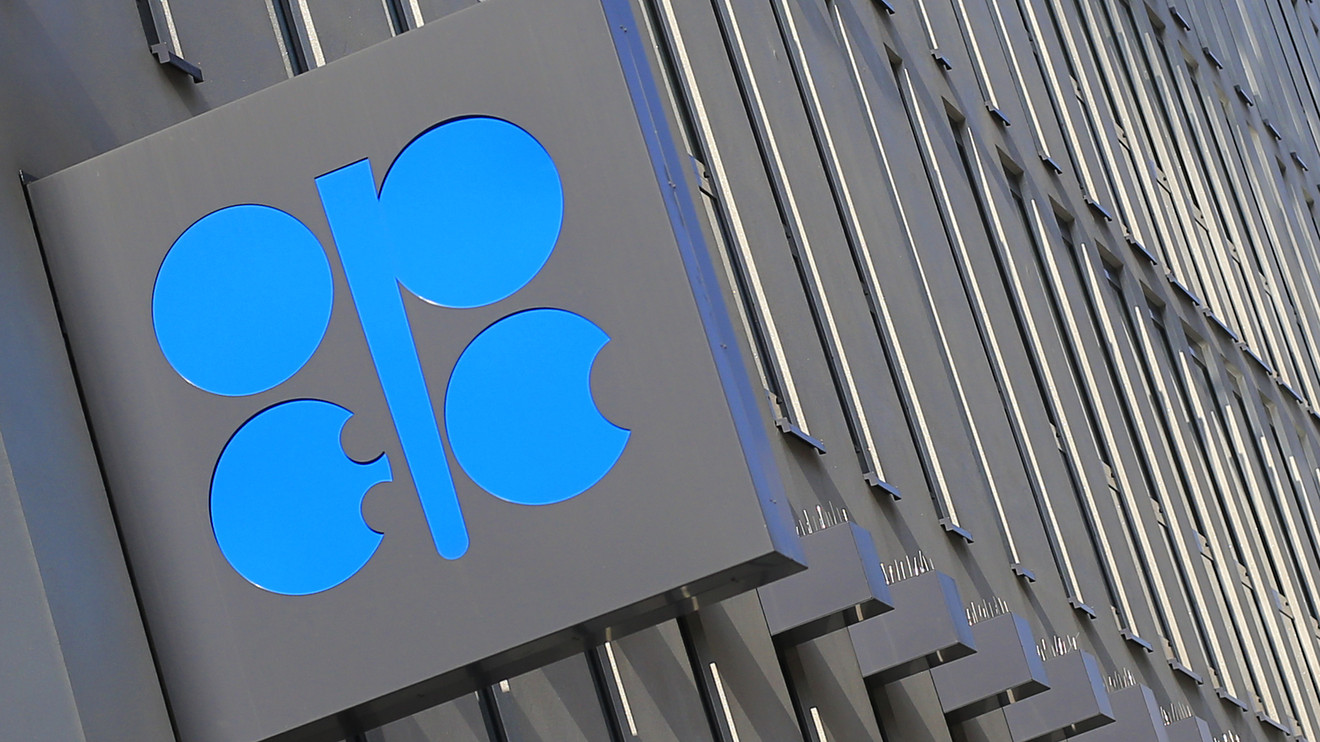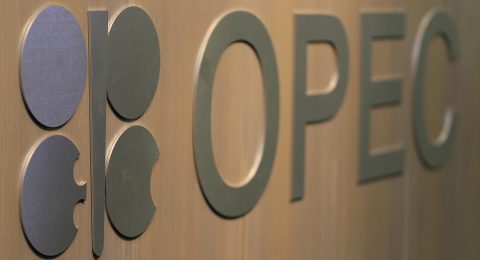According to OPEC delegates and industry insiders, global oil demand growth will decelerate in 2023, as rising crude and fuel prices help push up inflation and act as a drag on the global economy, Reuters reported.
In July, the Organization of Petroleum Exporting Countries is anticipated to provide its initial demand prediction for 2023. Its projection, along with that of the International Energy Agency in Paris, will be keenly scrutinized for clues as to how OPEC’s supply policy might evolve.
An OPEC delegate and another source acquainted with the organization’s thinking said they expected world demand to climb by no more than 2 million barrels per day (bpd) in 2023, a mere 2% increase over the 3.36 million bpd expected in 2022.
According to an IEA spokesperson, the International Energy Agency, which advises Western nations on energy policy, will release its first 2023 demand prediction in a monthly report on Wednesday.
OPEC is keeping an eye out for indicators that high fuel costs would lead to a drop in oil consumption.
Two more OPEC delegates said demand destruction will have an impact on oil consumption in the coming months, though one of them claimed there was little evidence of it yet in the US, citing recent gasoline demand figures.
A senior industry source at a trading firm who is not linked with the IEA or OPEC similarly predicted reduced demand growth in 2023, estimating that demand would climb by 2 million bpd or less, down from 2.6 million bpd in 2022.
“At $120 a barrel, crude is destroying demand,” he claimed. “It’s already taking place.”












